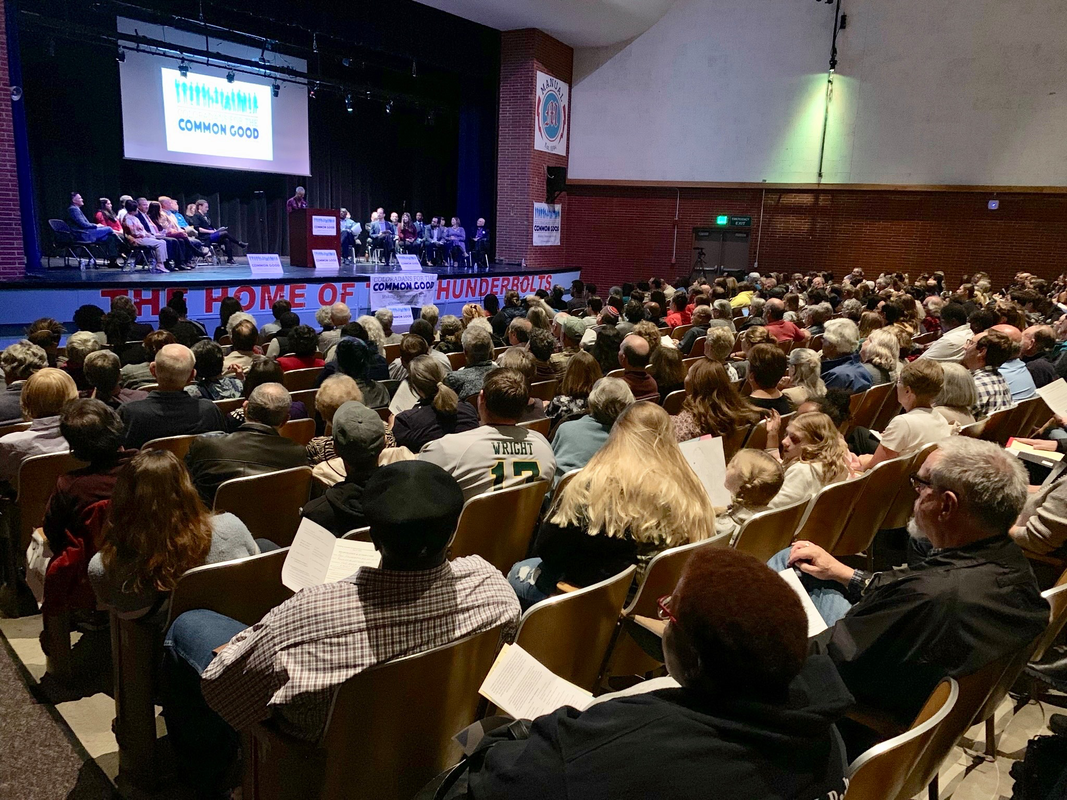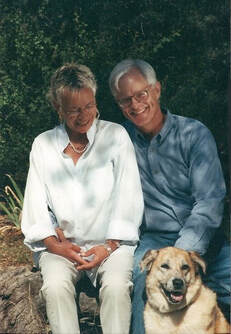|
We all know the drill. Big rallies with politicos fulminating about one thing or another, sometimes with prominent allies thrown in. Chants and cheers, paraparnalia and merchandise hawkers, attack lines and grandiose claims of a new day or catastrophic implosion. Energizing the base, demoralizing the opposition. And afterwards the media judgment - the numbers scorecard. Bigger or smaller than expected. More or less "energy" than anticipated. Bottom lines of evaluation. Don't get me wrong. There's absolutely nothing wrong with big rallies. They serve a purpose and prove a point. We used to call them "actions" in my community organizing days like the one pictured above, with our turnout numbers frequently topping 2,000 in places like Tucson, Phoenix, Las Vegas, Albuquerque and even Yuma, Sedona and Henderson. They worked to help build powerful organizations, do public business and prove that a shitload of folks cared enough to show up in person. But they were the icing on the cake, ratification of work that had gone on for months, sometimes years. It's easy to forget in the glow of mega turnouts that the real action - where people actually changed, where perspectives were actually altered - happened in small groups; before, after and sometimes even during the big events (when time was blocked out for breakouts). In Sometimes David Wins I narrate a few of those conversations, trying to make the point that in tandem with the big actions they were the drivers of change. ------------------- Recent events in Oracle jibe with something I discovered a long time ago. Some politicos (whether office holders or candidates) are less capable than others of engaging in the give and take of conversation, even when circumstances are optimal. Like some preachers, teachers and bureaucrats (not to mention residents), they're over scripted and under "relatable". And who can blame them? For politicos the stressors go up with the stakes and going off script is dangerous when everyone has a smart phone and maybe an axe to grind. The same could be said about preachers, teachers and rest.
One of my observations is that Oracle is a pretty safe space for conversations. But this may also true of neighborhoods, schools, religious congregations, and organizations of all sorts where the face-to-face craft of conversation is respected, encouraged, taught and learned; that is where conversation is practiced.
0 Comments
Leave a Reply. |
AuthorKaz and I moved to Oracle in 1979. The house we bought dated to the late 1940s. With little advance knowledge of the place, we set out to build a new life together, intending to settle in and raise a family. Categories
All
Archives
July 2024
|

